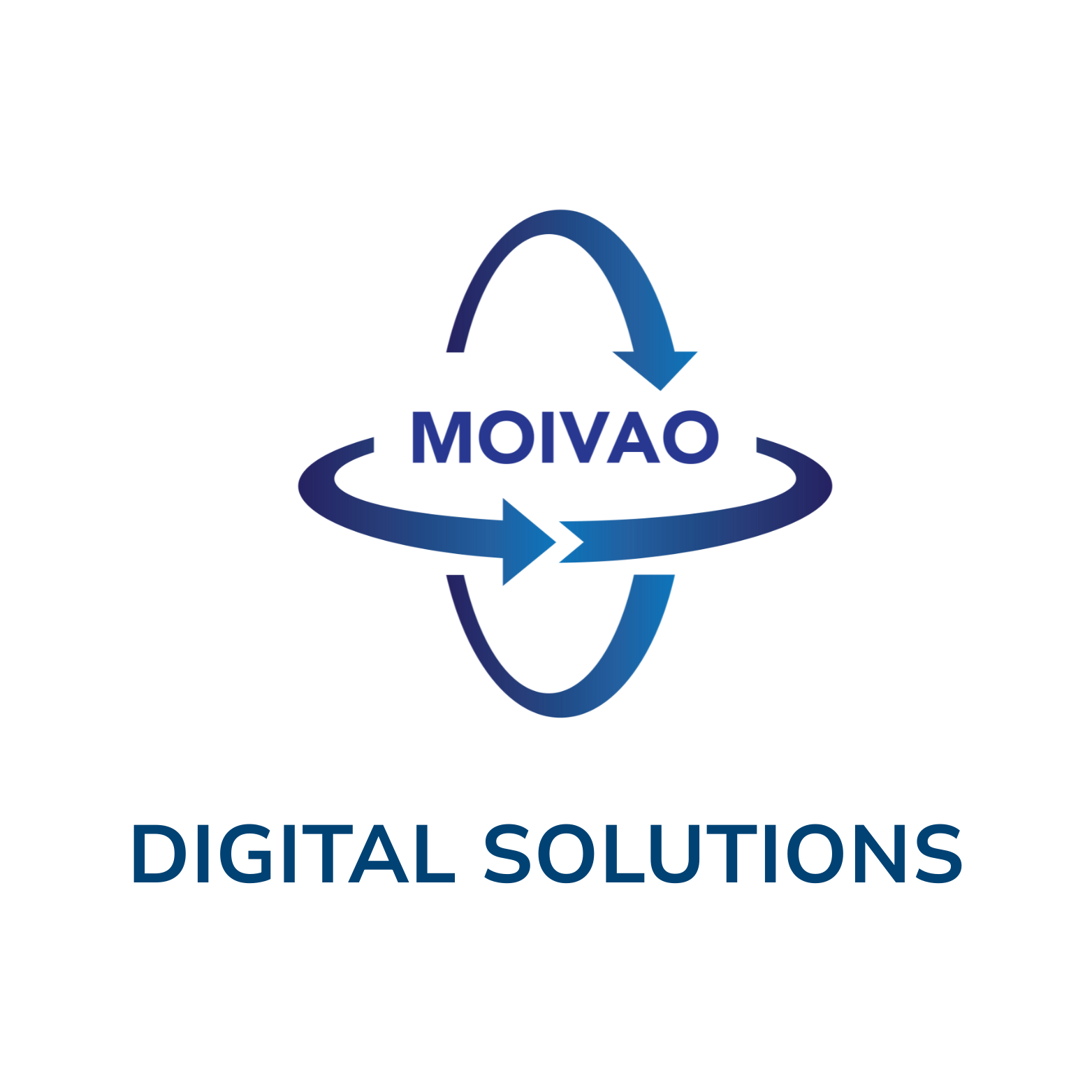Virtual Tours
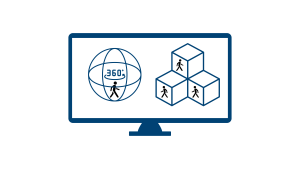
Digital Marketing
Virtual Tours enhance the digital marketing strategies of educational institutions by providing an interactive and engaging way for prospective students and parents to explore campuses. This immersive experience can significantly increase interest and inquiries, allowing institutions to showcase their unique features, such as state-of-the-art labs and recreational facilities, effectively attracting a wider audience, including international students.
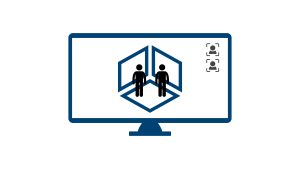
Immersive Meetings
Virtual Tours facilitate Immersive Meetings for educational administrators and prospective students. By allowing stakeholders to explore campus facilities together in real-time, these tours enhance communication and collaboration, making it easier to discuss specific programs, resources, and campus culture without the need for physical visits.
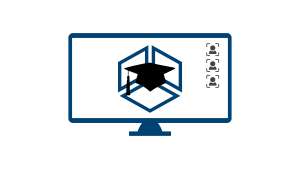
Immersive Training
Educational institutions can utilize Virtual Tours for training purposes, helping staff and faculty familiarize themselves with campus layouts and operational procedures. This approach ensures consistent training and reduces the need for extensive on-site orientation sessions, saving time and resources.
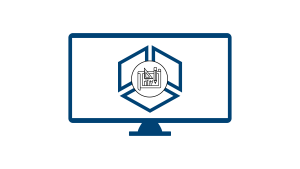
Construction Process Management
For institutions undergoing campus renovations or new constructions, Virtual Tours can be used to monitor progress and ensure compliance with design specifications. Stakeholders can virtually inspect construction sites, facilitating timely decision-making and improving project management efficiency.
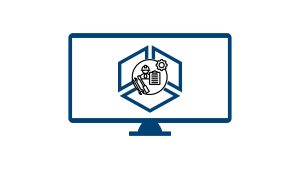
Facility Maintenance Management
Virtual Tours can assist in ongoing facility maintenance by allowing managers to conduct virtual inspections of campus buildings. This enables quick identification of issues and effective planning for repairs, ultimately enhancing operational efficiency and minimizing downtime.
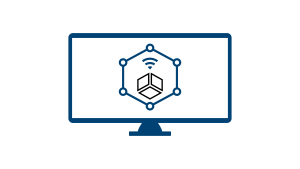
IoT Systems Monitoring and Control
Integrating Virtual Tours with IoT systems allows educational institutions to monitor and control various operational parameters in real-time. This capability enhances energy management and operational efficiency, ensuring that educational environments are optimized for learning and comfort.
Augmented Reality (AR)
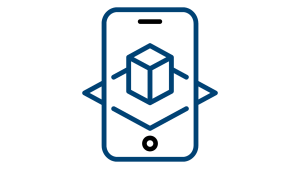
3D Objects in AR
AR can be used to virtually stage classrooms and learning environments, allowing managers to visualize different setups and configurations. This capability aids in planning and optimizing educational spaces, enhancing the overall learning experience.
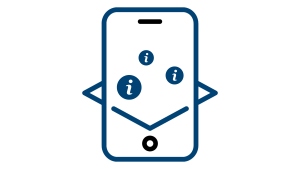
AR Info Points
AR can enhance the educational experience by providing interactive AR Information Points throughout campuses. Students and visitors can access details about programs, facilities, and campus events through their devices, improving engagement and understanding of the institution’s offerings
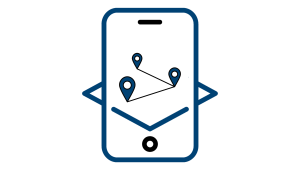
AR Navigation
AR Navigation tools can guide students and visitors through complex campus layouts. This technology improves wayfinding, helping users locate specific buildings, classrooms, or resources, thereby enhancing overall efficiency and accessibility during campus visits.
Drone Imaging
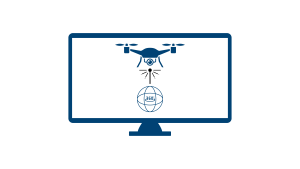
360 Aerial Imaging
Drones can capture stunning 360-degree Aerial Images of educational campuses, providing a unique perspective that can be used in promotional materials. These images help showcase the layout and beauty of the campus, attracting potential students and families.
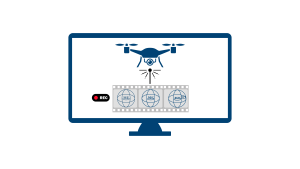
360 Aerial Videos
Drone-captured 360 Aerial Videos offer an immersive way to document campus life and showcase facilities. These videos can be used in marketing campaigns, providing a dynamic view of the educational environment and enhancing client engagement.
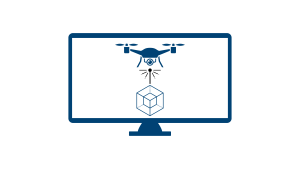
3D Modelling
Drones can create detailed 3D models of educational institutions, which can be valuable for planning and marketing purposes. These models provide an accurate digital representation that aids in visualizing campus layouts and optimizing space utilization.
Artificial Intelligence
AI Avatar Chatbots
AI-powered chatbots can provide instant assistance to prospective students and parents, answering questions related to admissions, programs, and campus facilities. This enhances customer service and improves engagement by providing immediate support.
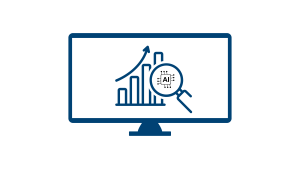
Data Analysis and Forecasting
AI can analyse data from student interactions, enrolment trends, and academic performance to provide insights that help educational institutions make informed decisions. This data-driven approach allows for better resource allocation and targeted marketing strategies.
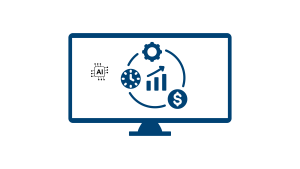
Optimization
AI can streamline various administrative processes within educational institutions, such as enrolment management, scheduling, and resource allocation. By automating tasks and optimizing workflows, institutions can improve efficiency, reduce costs, and enhance the overall educational experience for students.
